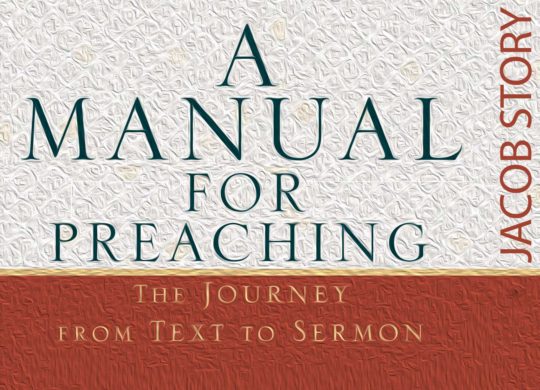Genesis 26:34–28:9

No more than two members of Isaac’s dysfunctional and disharmonious family appear together in this pericope. The various scenes are structured chiastically, with the two central scenes—with Isaac and Jacob/Esau (Gen 27:18–29, 30–41)—detailing the deception in the narrative.
A Esau (26:34–35)
B Isaac and Esau (27:1–4)
C Rebekah (and Isaac?) (27:5)
D Rebekah and Jacob (27:6–17)
E Isaac and Jacob (27:18–29)
E’ Isaac and Esau (27:30–41)
D’ Rebekah and Jacob (27:41–45)
C’ Rebekah and Isaac (27:46)
B’ Isaac and Jacob (28:1–5)
A’ Esau (28:6–9)
Dysfunctional family.
Isaac is culpable. His summoning of only one of his two sons, Esau, for his parental blessing, is a major faux pas, especially since they are twins. Isaac, no doubt, was aware of the oracle received by Rebekah (25:23), as well as of the sale of the birthright (25:29–34), and ought not to have sought to bless Esau—certainly not in the absence of his other son. Moreover, the one Isaac chooses to bless has little concern for endogamy or monogamy and has thereby caused his parents grief (see below). One also notices Isaac’s predilection for “savory food” (27:4, 7, 9, 14, 17, 31). Isaac’s senses are altogether faulty: sight (27:1); touch (27:16, 21, 23); smell (27:15, 27); taste (27:3, 4, 7, 19, 25, 31, 33; also 27:9, 14, 25), and, of course, hearing (27:22).
Rebekah’s culpability is no less significant: her initiative in this episode is unique, signified by the only use of the feminine participle of tsavah (“command”) in the entire OT (27:8), in reference to her “commanding” her son. Rebekah is doubtless the dynamo behind the deception of Isaac; she does everything (27:14–17), while Jacob gets a mere three verbs in that paragraph (27:14).
Esau’s culpability is seen in his marital decisions (26:34; 27:46), as was noted. He apparently contracted the marriages on his own initiative disregarding parental opinion; he opts for exogamy and prefers polygamy. Esau is likely attempting to obtain the patriarchal blessings by producing progeny and forcing Isaac’s hand.
Jacob’s culpability needs no expatiation. He lies twice, in 27:19, 24: he is neither Esau, nor the firstborn, as he claimed to be, to his father. In the process, Jacob also takes the name of Yahweh in vain (27:20). The “deceit” (mirmah, 27:35) perpetrated by Jacob indicates deliberate planning.
Rather than trust God to disburse his blessings sovereignly to his people, each one in this pericope is conspiring against, and cheating, others. Each one has his/her own ideas as to whom divine blessings should go, and how and when.
Dysfunctional family, each member trying to obtain the blessing his or her own way, without trusting God.
And the result is chaos! Isaac’s reaction, when he realizes how he has been deceived by Jacob, is emotional and torturous (27:33). And as Esau realizes what has happened, he responds similarly, in anguish (27:34). Later he declares he will kill Jacob (27:41). Fearing for the life of her favorite son, Rebekah schemes to have Jacob sent away to her brother, Laban, in Paddan-Aram (27:41–28:5) for “a few days” (27:44). But it would be a few decades (twenty years, 31:38, 41) before Jacob would return to Canaan. And by then Rebekah would be dead: she would never to see this son again! This is her last appearance in Genesis. Deception leads only to catastrophe, and that for the entire family/community.
Dysfunctional family, each member trying to obtain the blessing his or her own way, without trusting God. The result is breakdown of community.
Here is a single-sentence version:
Deception to obtain divine blessing, rather than trusting God to secure it, only results in catastrophic fragmentation of the community.











 Abe Kuruvilla is the Carl E. Bates Professor of Christian Preaching at The Southern Baptist Theological Seminary (Louisville, KY), and a dermatologist in private practice. His passion is to explore, explain, and exemplify preaching.
Abe Kuruvilla is the Carl E. Bates Professor of Christian Preaching at The Southern Baptist Theological Seminary (Louisville, KY), and a dermatologist in private practice. His passion is to explore, explain, and exemplify preaching.